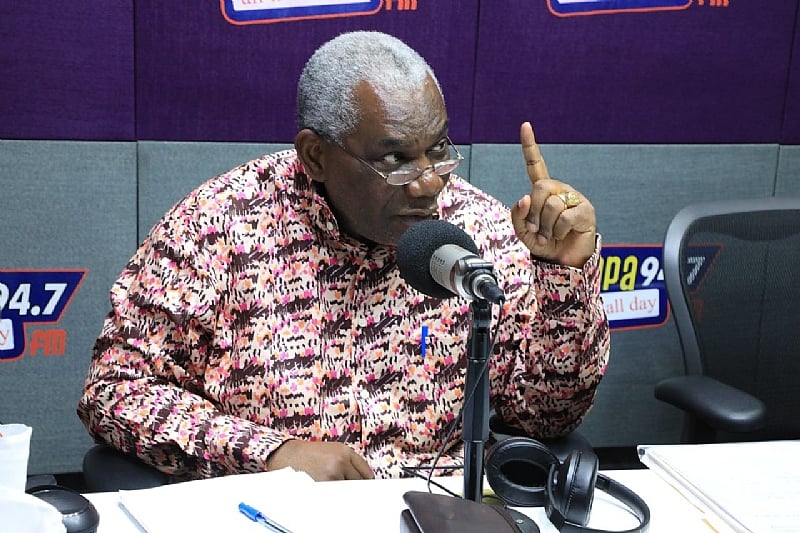Boakye Kyeremateng Agyarko, a prominent member of Ghana’s opposition New Patriotic Party (NPP), has expressed deep concerns about the trajectory of the party’s post-election “thank you” tour. Originally intended to revitalize the party’s base and foster unity after their electoral defeat, the tour has, according to Agyarko, devolved into a platform for internal discord and blame-shifting, thereby undermining the party’s image and eroding public trust. Agyarko’s statement serves as a stark warning against the potential self-inflicted damage the ongoing internal squabbles pose to the NPP’s future prospects. He urges the party leadership to immediately reassess the direction of the tour and steer it back towards its original purpose of expressing gratitude to their supporters and rebuilding party morale.
At the heart of Agyarko’s concerns are the comments made by Dr. Mahamudu Bawumia, the former Vice President and a leading contender for the NPP’s 2024 presidential nomination. During a tour stop in the Western Region, Bawumia attributed the party’s electoral loss to a combination of internal and external factors. He highlighted economic hardships, inadequate internal management, unpopular government decisions, and an alleged “arrogance of power” as key contributors to widespread public dissatisfaction. Specifically, he pointed to the high cost of living, the resistance to reshuffling government officials, the controversial Electronic Transfer Levy (E-Levy), and the Domestic Debt Exchange Programme (DDEP) implemented under the IMF debt restructuring plan.
While Bawumia’s analysis aimed to identify the root causes of the NPP’s electoral setback, his remarks have sparked controversy within the party ranks. Critics, including Palgrave Boakye-Danquah, have accused Bawumia of disloyalty to former President Akufo-Addo by publicly airing internal grievances and seemingly shifting blame onto the previous administration. This internal dissent, amplified by the ongoing “thank you” tour, threatens to deepen existing factionalism within the NPP and further complicate the party’s efforts to regroup and strategize for future elections. Agyarko’s call for a course correction underscores the urgency of addressing these internal divisions before they inflict irreparable damage on the party’s cohesion and public image.
Agyarko’s statement underscores the critical juncture the NPP faces in the aftermath of its electoral defeat. The “thank you” tour, originally conceived as a bridge to reconnect with the grassroots and project an image of unity and renewed purpose, has inadvertently become a stage for internal power struggles and recriminations. This internal strife not only distracts from the party’s efforts to rebuild and regain public trust but also risks alienating potential supporters. The public airing of internal disagreements, especially those centered around blame for the electoral loss, projects an image of disunity and instability, precisely the opposite of what the NPP needs to convey as it prepares for future elections.
The NPP, traditionally a strong force in Ghanaian politics, finds itself navigating a delicate period. The party’s ability to recover from its electoral setback and effectively challenge the incumbent government in future elections hinges on its ability to resolve internal conflicts and present a united front. Agyarko’s intervention, though critical of the current trajectory of the “thank you” tour, ultimately aims to preserve the party’s long-term viability. His call for a return to the tour’s original purpose – expressing gratitude to supporters and laying the groundwork for future success – reflects a deep concern for the party’s well-being and a desire to prevent further internal damage.
The controversy surrounding the NPP’s “thank you” tour highlights the challenges faced by political parties in the aftermath of electoral defeat. Balancing the need for introspection and accountability with the imperative to project unity and optimism is a delicate act. The NPP’s experience serves as a cautionary tale about the potential for internal divisions to derail post-election recovery efforts and undermine the party’s ability to regain public trust. The party’s leadership faces the critical task of addressing the concerns raised by Agyarko and others, steering the “thank you” tour back on course, and fostering a more constructive and unified approach to rebuilding the party for future electoral success. The party’s response to this internal crisis will likely play a significant role in shaping its future prospects.


